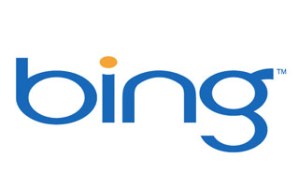
Although Microsoft’s Bing search engine was greeted with a healthy dose of skepticism when it was first unveiled almost a year ago, but Microsoft must be doing something right—like setting up Bing as the default search engine for Internet Explorer and Motorola Android phones—because the service is continuing to gain share in the U.S. search market. According to media metrics firm Nielsen, during February 2010 Bing was the number three search engine with a 12.5 percent share of the U.S. search market. What’s interesting about that numbers is not that Bing was third, but that Bing was at 10.9 percent in January 2010…and Google dropped over a point from a 66.3 percent share in January to 65.2 percent. Proportionately, that’s a 14.7 percent increase for Bing.
In the past, Bing’s market share gains have seemed to come mainly at the expense of Yahoo. Although Yahoo and Microsoft have entered into a long-term agreement that will see Bing handling the back end of Yahoo search queries, Yahoo says it is keeping its hand in the search game, and according to Nielsen the company still accounted for 14.1 percent of U.S. Internet searches in February. Although Yahoo lost ground between January and February, this time it amounted to 0.4 percent—less than half the share of the overall market Google seemingly lost to Bing during the month. Of course, in proportional terms, Yahoo’s loss is more substantial: month to month, Yahoo saw 2.7 percent of its search traffic go away, where Google saw only a 1.7 percent drop over the same period.
Overall, in raw numbers Nielsen found that U.S. searches dropped by over 1 billion in February, dropping from 10.27 billion searches in January to 9.18 billion in February.


